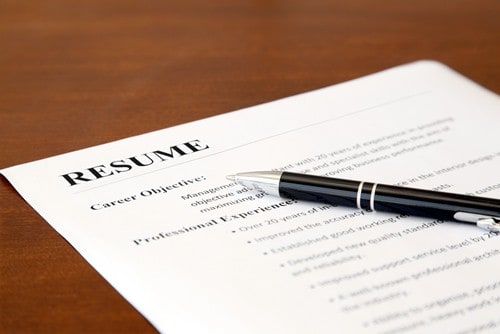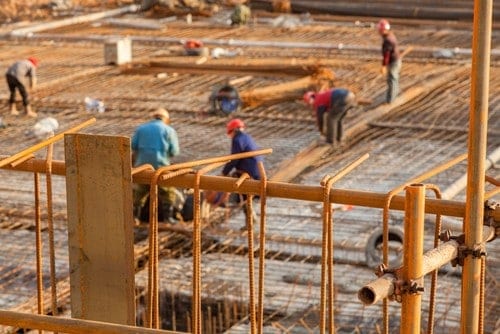Having the right employees in place is a smart call for any employer, but few industries rely on quality workers more than construction when it comes to overall health and safety.
In fact, hiring the wrong people can directly affect on-the-job safety, and even contribute to an increase in accidents and workers' compensation insurance claims. This was one topic recently discussed at the International Risk Management Institute Inc.'s Construction Risk Conference in Nashville, Tennessee, as reported by Business Insurance.
At the conference, a number of risk management and insurance professionals shared their views on hiring practices in the construction industry.
"Hiring remains a critical part of any construction firm's risk management plan"
In addition, David Walls, Dallas-based president and CEO of Austin Industries, explained that many construction firms have the correct safety procedures and structural elements in place, but overlook leadership. He added that leadership is critical to overall safety on the job.
Other topics discussed included the importance of communication and risk management in the workplace. Many of the professionals in attendance agreed that having the best people on the job would improve safety, which ties directly back into the hiring process.
How to hire the best candidates
Any construction firm needs to have the best team in place in order to be successful, from the top of the company all the way to the bottom. To do that, here are two things you should know about the hiring process:
1. Don't choose the first option
Hiring can be an exhausting task, but this doesn't mean you should settle for the first person to walk though the door. Instead, try interviewing at least three people for every position. This way, you'll be able to have a wide range of choices, increasing the odds that you find that perfect fit.
2. Test the candidate beforehand
Unfortunately, the interview process can be a bit misleading. Before you move forward with a candidate, make sure you test them to see if they fit. This can be achieved in several ways. For starters, you could sign them to a short-term contract, or you could actually run them through the skills they'll need on the job before sealing the deal. No matter what, perform your due diligence on each candidate.



